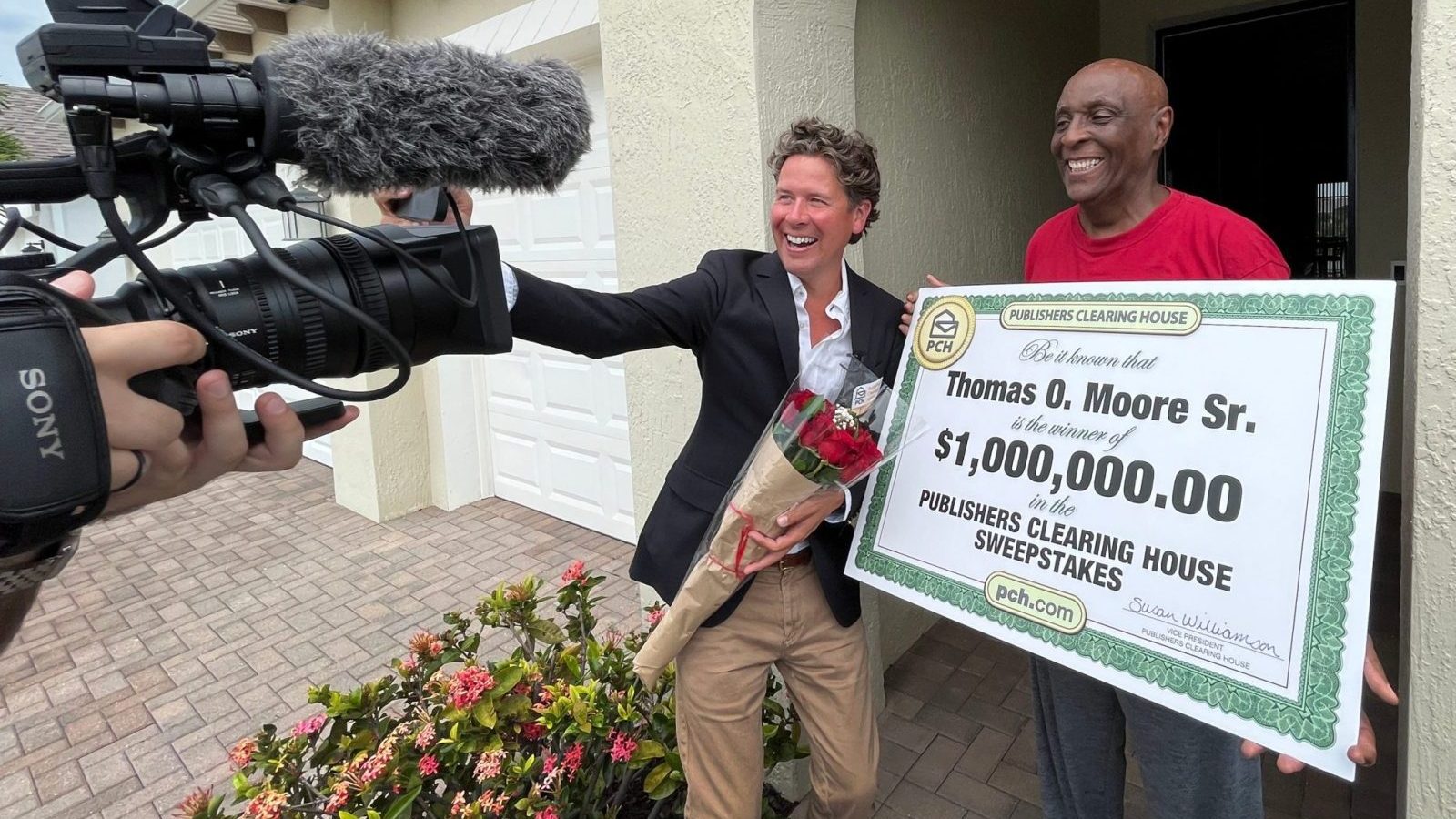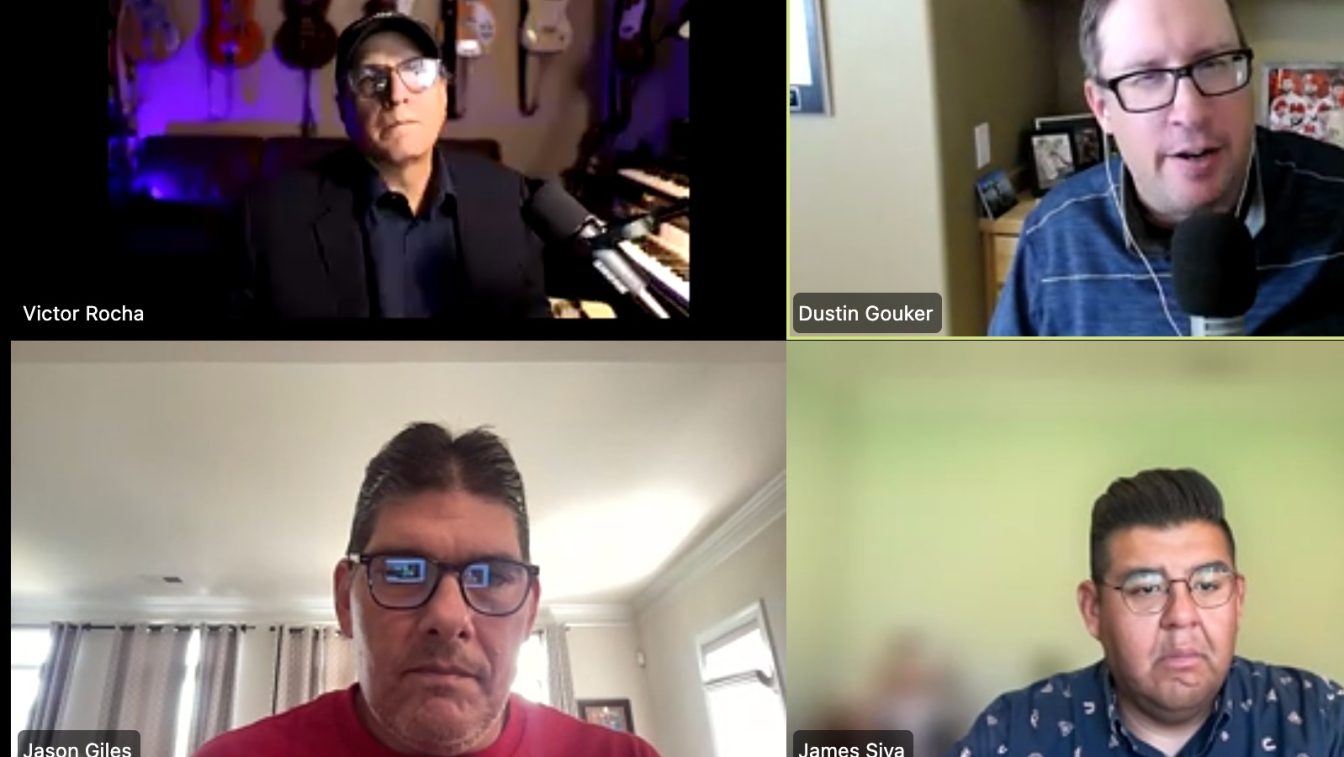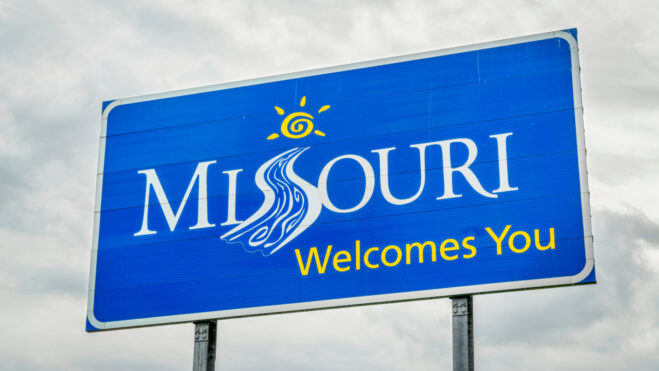Publishers Clearing House Joins List Of Entities Opposing California Sweepstakes Ban
Company famous for giant checks, now affiliated with social gaming, sends letter against AB 831
2 min

Ahead of California’s sweepstakes gaming ban bill, AB 831, potentially moving to the state Senate floor by week’s end, one company with mainstream cachet has now added itself to the list opposing the legislation. Publishers Clearing House (PCH) — famous in the 1980s and ‘90s for its commercials starring Ed McMahon handing out giant checks to winners — sent a letter Wednesday to the Senate Appropriations Committee “to express our strong opposition to Assembly Bill 831.”
Notably, in March, PCH announced a partnership with SCCG Management “to explore new social gaming monetization opportunities.” And since July, PCH has been owned by ARB Interactive, Inc., an American-owned social casino company. So PCH is not just an outside observer concerned about a change in the law impinging on its rights to offer sweepstakes prizes that have no relation to online casino gaming. PCH is, potentially, a future sweepstakes casino operator.
That said, the letter expresses opposition on behalf of companies with no ties to casino-style gaming.
“This bill seeks to criminalize legitimate online social games and sweepstakes promotions — marketing tools used by mainstream American brands like McDonald’s, Pepsi, and PCH to engage millions of consumers, including over 1.5 million Californians,” Owen O’Donoghue, the CEO of PCH, wrote to Chair Anna Caballero and the committee members.
“PCH opposes AB 831 because it lacks thorough stakeholder input, economic analysis, or evidence of harm,” the letter continues. “Rather, this bill was generated by anti-competitive motives from brick-and-mortar casino operators, who seek to prohibit companies from marketing to Californians using decades-old, lawful, tools — sweepstakes promotions — modified for the 21st century. Contrary to claims that this industry is unregulated or operates in the shadows, PCH operates transparently under established consumer protection laws, not gaming laws. We support reasonable regulation and urge a collaborative approach to develop a framework that protects consumers, preserves entertainment choices, and unlocks significant economic opportunities for California.”
PCH says regulation the better path
The letter calls for legislation to regulate, rather than ban, sweeps, arguing that regulated social/sweepstakes gaming could generate up to $149 million annually in tax revenue in California.
O’Donoghue’s letter also indicates public opposition to AB 831, claiming that more than 20,000 Californians have sent emails and more than 3,000 have placed phone calls to legislators in support of continued access to social and sweepstakes gaming.
“We respectfully request that you oppose AB 831 in its current form, as it criminalizes a lawful marketing tool used by mainstream businesses. Instead, we urge the California Senate to work with our industry to develop sensible regulatory frameworks that enhance consumer protections, preserve entertainment options, offer valuable economic benefits for California, and build upon our existing responsible gaming standards,” the letter concludes.
PCH joins at least three California tribes — most recently, the Sherwood Valley Band of Pomo Indians — in expressing opposition to the anti-sweepstakes bill.
AB 831 currently reads:
The bill would make an unfair practice using or offering games of these types that use a system of payment that allows a person to play or participate in a simulated gambling program for direct or indirect consideration, as specified, and for which the person playing the simulated gambling program may become eligible for a prize or award, cash or cash equivalents, or a chance to win a prize or award, or cash or cash equivalents, in a business establishment, on the internet, or using an online application. The bill would specify that these provisions do not make a game that does not award cash prizes or cash equivalents unlawful.






